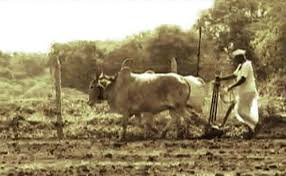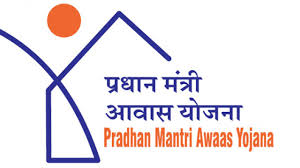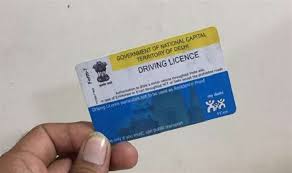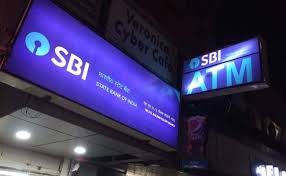New rules on the upkeep of data for family members of government retirees have been adopted by the Department of Pension and Retirees’ Welfare (DoPPW). According to the instruction, a daughter’s name cannot be removed from the list of family members who are entitled to a government employee’s family pension.
Regardless of her pension eligibility, a daughter is formally recognized as a family member after her name is added to Form 4 by a government employee. Until she marries, remarries, finds work, or develops a physical or mental handicap, a daughter is still eligible for the family pension.
As long as their siblings are either over 25 or financially independent, daughters who are over 25 and unmarried, widowed, or divorced may be eligible for a family pension. Notably, preferential pension eligibility is granted to children with impairments.
The requirements provide that a government employee must disclose information about their spouse, children, parents, and disabled siblings at the time of hire, regardless of whether they are eligible for a family pension. Before retiring, the employee must also update this information and their pension records.
As soon as the government employee indicates this on the required proforma, the daughter is considered a part of the government employee’s family. Therefore, the daughter’s name will continue to appear in the family members’ data,” the office memo stated. It also made clear that, in compliance with regulations, eligibility for family pensions will be determined upon the passing of pensioners or family pensioners.
Key Revised Details
- The requirements allow a daughter to receive a pension until marriage, remarriage, or the start of earning a living unless she has a physical or mental handicap.
- According to the Central Civil Services (Pension) Rules, 2021, unmarried, married, and widowed daughters—including stepdaughters and adopted daughters—are included in the concept of family. However, questions have been raised about why a daughter’s name was removed from the list of family members after retirement.
- Female employees or pensioners may apply for family pension benefits for their children in the event of their death in circumstances of ongoing divorce or legal procedures. Protective cases against their spouses fall under this category as well.
- The widower will get the family pension if there are no living qualifying children at the time of the woman’s passing. If the widower is the legal guardian of any underage or handicapped children, they will get the pension first.
- The designated guardian will oversee the pension if the widower loses guardianship.
Pension For Adults
Direct transfers will be made to qualified children who are still eligible for the pension when they reach maturity.The widower will continue to receive the family pension until they remarry or die if all eligible children are no longer eligible under Rule 50.
With an emphasis on the welfare of children in various family circumstances, this revised procedure ensures a methodical pension distribution.















